Is there a best time to spray bug killer in the gardens?
scotty0613
10 years ago
Related Stories
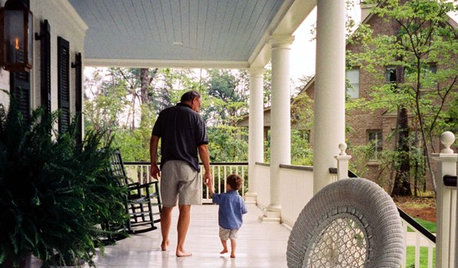
GARDENING AND LANDSCAPINGPorch Life: Banish the Bugs
Don't let insects be the bane of your sweet tea and swing time. These screening and product ideas will help keep bugs at bay on the porch
Full Story
GARDENING AND LANDSCAPINGBid Bad Garden Bugs Goodbye and Usher In the Good
Give ants their marching orders and send mosquitoes moseying, while creating a garden that draws pollinators and helpful eaters
Full Story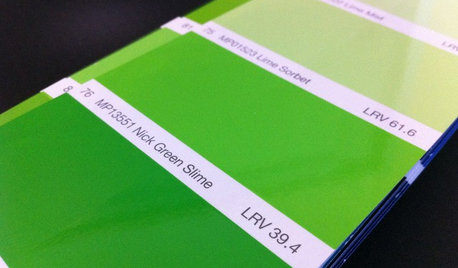
DECORATING GUIDESFrom Queasy Colors to Killer Tables: Your Worst Decorating Mistakes
Houzzers spill the beans about buying blunders, painting problems and DIY disasters
Full Story
LANDSCAPE DESIGNIs It Time to Consider Fake Grass?
With more realistic-looking options than ever, synthetic turf can be a boon. Find the benefits and an installation how-to here
Full Story
GARDENING AND LANDSCAPINGBreezy and Bug-Free Modern Porches
Screening keeps pests out of these diverse porches across the U.S., while thoughtful designs keep them visually appealing
Full Story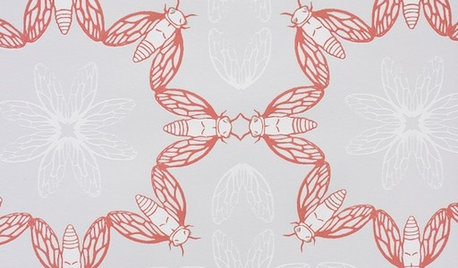
PRODUCT PICKSGuest Picks: Decor to Make Your Eyes Bug Out
Insects are marching to a different tune these days, showing up on knobs, teapots and even tablecloths
Full Story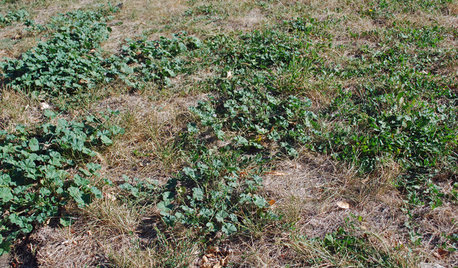
GARDENING GUIDESWeed War: When and How to Use Chemical Herbicides
Before you spray, arm yourself with knowledge about which weed killers — natural or synthetic — are right for your yard
Full Story
HOUSEKEEPINGIt’s Time to Clean Your Gutters — Here’s How
Follow these steps to care for your gutters so they can continue to protect your house
Full Story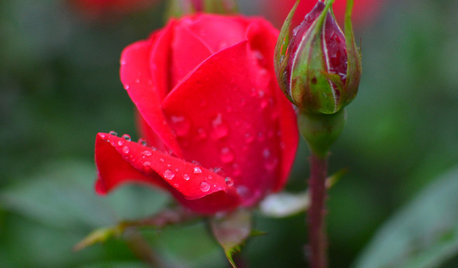
GARDENING GUIDESGreat Design Plant: Knock Out Roses
As glorious as their high-maintenance kin for a fraction of the work, Knock Out roses make even beginners look like garden stars
Full Story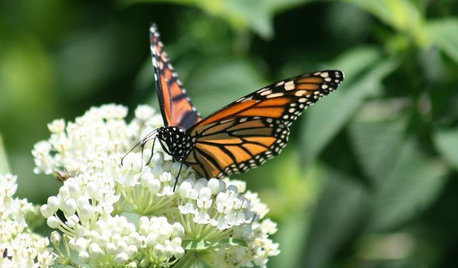
GARDENING GUIDESGreat Design Plant: Milkweed
Quit cringing. This not-weed plant is a sight to behold in the garden, has a delicious vanilla scent and is a magnet for butterflies
Full StoryMore Discussions






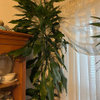
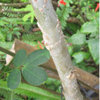
kayjones
grabmebymyhandle
Related Professionals
Lakewood Landscape Architects & Landscape Designers · Mitchellville Landscape Architects & Landscape Designers · Rancho Cordova Landscape Architects & Landscape Designers · Concord Landscape Contractors · Ashburn Landscape Contractors · Bridgeview Landscape Contractors · Englewood Landscape Contractors · Kailua Landscape Contractors · North Chicago Landscape Contractors · Pompano Beach Landscape Contractors · Welby Landscape Contractors · West Orange Landscape Contractors · Weymouth Landscape Contractors · Woodburn Landscape Contractors · Woodland Landscape Contractorsscotty0613Original Author
shavedmonkey (Harvey in South Fl.)Z10b
Tiffany, purpleinopp Z8b Opp, AL
Carol love_the_yard (Zone 9A Jacksonville, FL)
Tiffany, purpleinopp Z8b Opp, AL